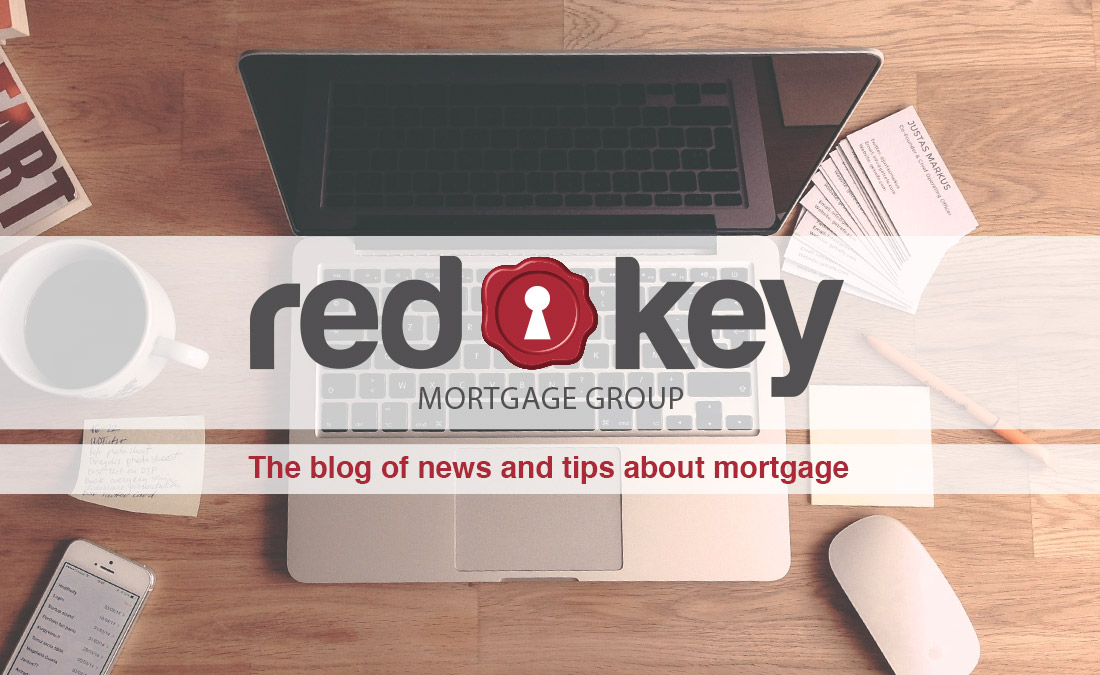
02 Sep How Risk Factors Can Affect Your Mortgage Rate
When you shop for a mortgage to buy a home, lenders will begin by assessing the level of risk that you pose, and depending upon the results of their assessment, you could face a higher interest rate. Let’s look at the risk factors in a little more detail:
Are you a repayment or credit risk?
When lenders are considering your application for a mortgage, one of the first questions they’ll ask themselves, is whether you’ll be able to repay the loan. If you have a high credit score, then this can help you fare more positively with lenders as it shows that you’ve been good in the past at repaying your debts, and your lower rate of interest will likely reflect your lower score.
If the mortgage you’re applying for is worth more than 80% of the value of the property you wish to purchase, then you’ll be required to purchase mortgage default insurance. However, as insurance protects the lender from the risk of default, you might still get a lower rate of interest than if you opt for an uninsured mortgage with a bigger down payment.
Are you at risk of higher interest rates?
In Canada, most mortgage loans are renegotiated every 5 years, but their term may be as short as 6 months, or as long as 10 years. If you renegotiate your mortgage frequently – more than every 5 years – then you’re unfortunately more likely to face the risk of a new interest rate being
different to the previous one. While it doesn’t work for everyone, paying a premium to have a fixed rate for a longer term (as long as is possible under the circumstances), can give you more peace of mind and eliminate the risk of having to pay a higher rate of interest.
The risk of prepayment:
If you repay your mortgage earlier than its full term, the lender risks losing money, and this is known as prepayment risk. The lender will not be able to make as much profit from the funds they raised, and this is especially pertinent if interest rates have dropped since the beginning of the mortgage. Open mortgages allow you to repay the entirety of the loan early, and typically have higher rates of interest than closed mortgages, which place a limit upon how much you can prepay.
What do these risk factors tell us?
What each of these potential risk factors show if you’re looking to buy a property, is that it really does pay to shop around. One way of ensuring that you minimize risk factors and get the best deal for your circumstances, is to use the services of a mortgage broker, who will review the options available to you from a variety of different lenders, not just the big 5 banks.
To help eliminate the risk of paying higher interest rates for your mortgage, work closely with a qualified, reputable mortgage broker, who will give you a series of non-biased options to choose from.

